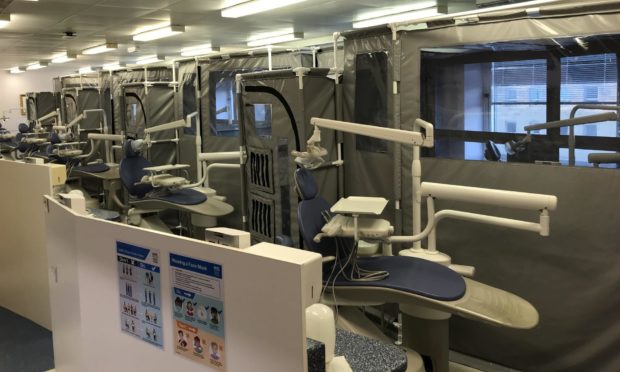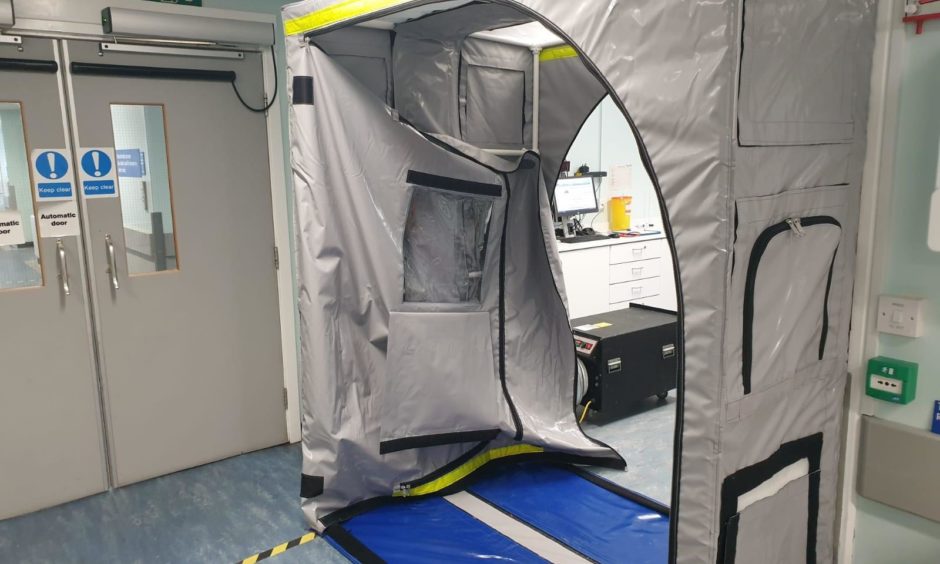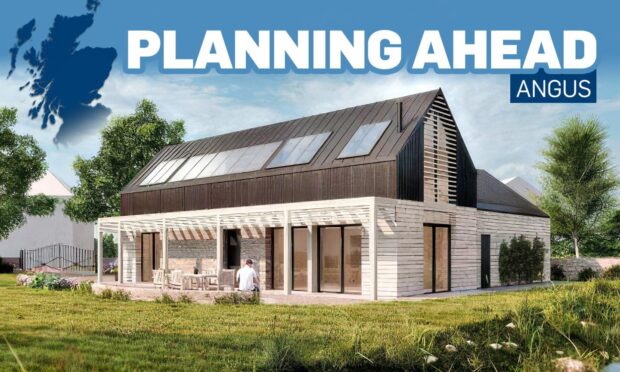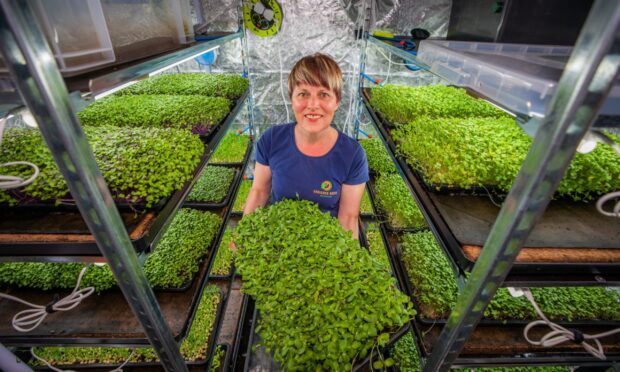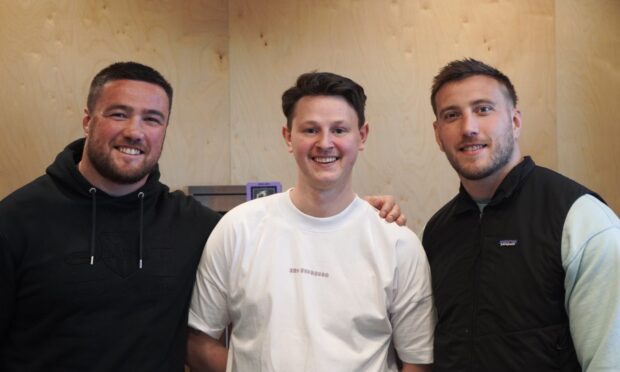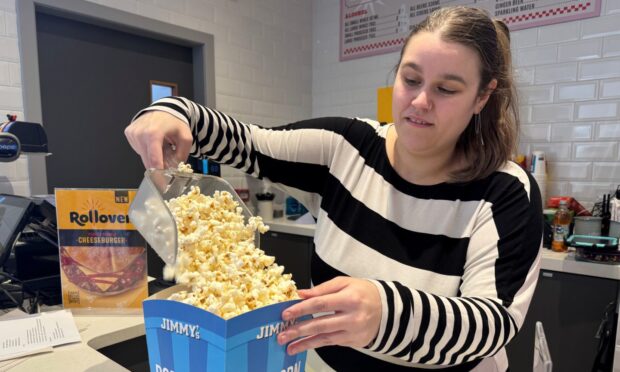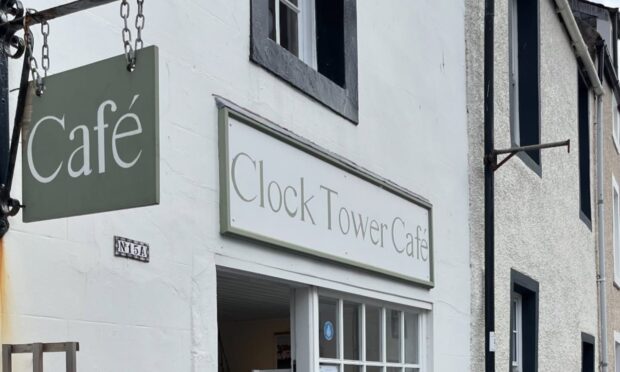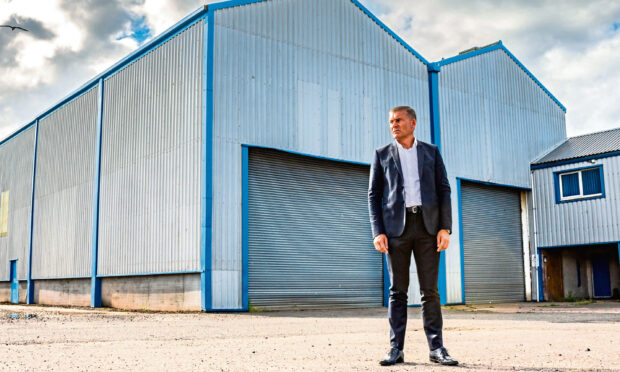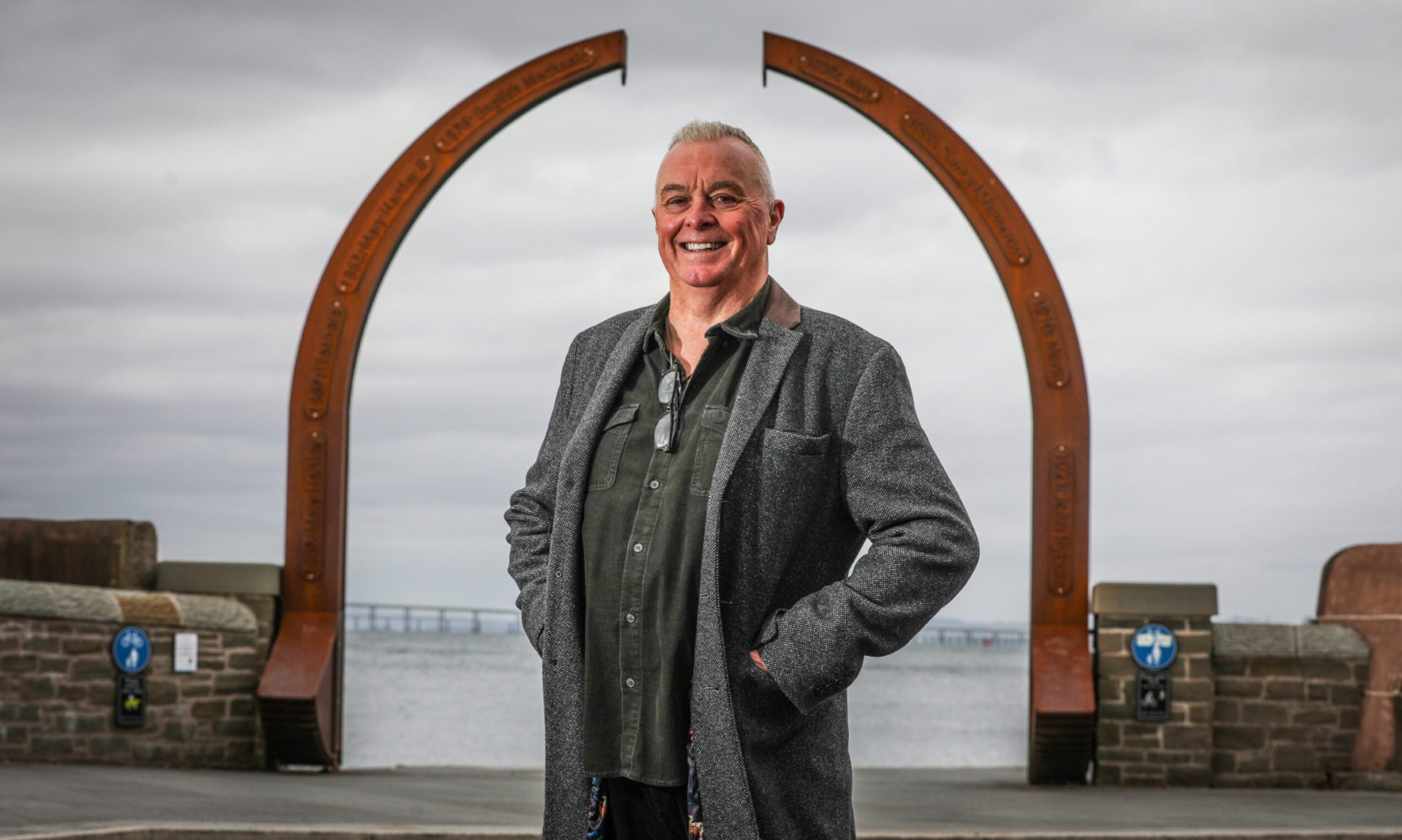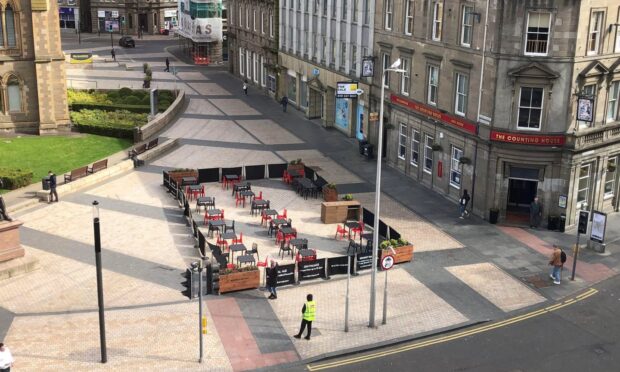A Tayside energy services firm has adapted its specialist technology for use in hospitals battling Covid-19.
Dundee based Starn Group manufactures a range of equipment including pressurised habitats to deliver safe working environments in traditionally hazardous areas.
However, working in collaboration with the NHS, the firm has moved into the health sector and is installing its new range of products in hospitals in Dundee and across the UK.
As the Covid-19 pandemic grew, project manager for Starn Group, James Downie said the firm had looked at ways it could help the NHS.
He said: “The Safehouse habitats we provide the energy sector are used for welding activities offshore and we have inline gas monitoring systems, so the air that’s fed into the habitat is monitored continuously.
“We create an overpressure in the habitat where hot work or welding is taking place and this pushes any hydrocarbons away from the ignition source which protects the person working within them.
“It also keeps the air free from toxic and flammable gases, so if any hydrocarbons are detected in the clean air, the sensor closes the damper and maintains the integrity of the habitat.
“We harnessed this technology and adapted it to provide safe environments for health-care staff and patients.”
Next, after working with the NHS on design and construction standards, the Starn Group, of which Safehouse is a member, launched its SafeClinic and SafeRoom products.
The SafeClinic is a standalone temporary negative pressure isolation pod with an airlock door which can isolate infections patients.
The SafeRoom is a portable anteroom with high efficiency particulate air filter and features an ante-room for performing a range of tasks including administrative and PPE risk management measures.
In addition, the room features an airlock door and converts existing rooms into Class-N negative pressure isolation rooms or Class-P positive pressure isolation rooms.
Strong interest
Mr Downie said: “There has been a huge amount of interest in the IPC systems , which are made to measure for each location on a temporary or semi-permanent basis.
“So far we have fitted units in a number of facilities including Ninewells hospital, Dundee Dental School and Borders General Hospital, with a number of other orders in the pipeline and we are fielding inquiries from across the UK as well.”
The units are manufactured in Dundee using locally-sourced materials, including flame retardant PVC from Angus firm, Montrose Rope and Sail.
Units take around 8 hours to install and have been designed to comply with NHS guidelines, WHO guidelines and hospital design and installation standards.
Mr Downie said: “A key aspect of the IPC systems is the ability to set the number of air changes in the units with a minimum of 12 per hour.
“This drastically reduces the time required between patients from several hours, to a matter of minutes.
